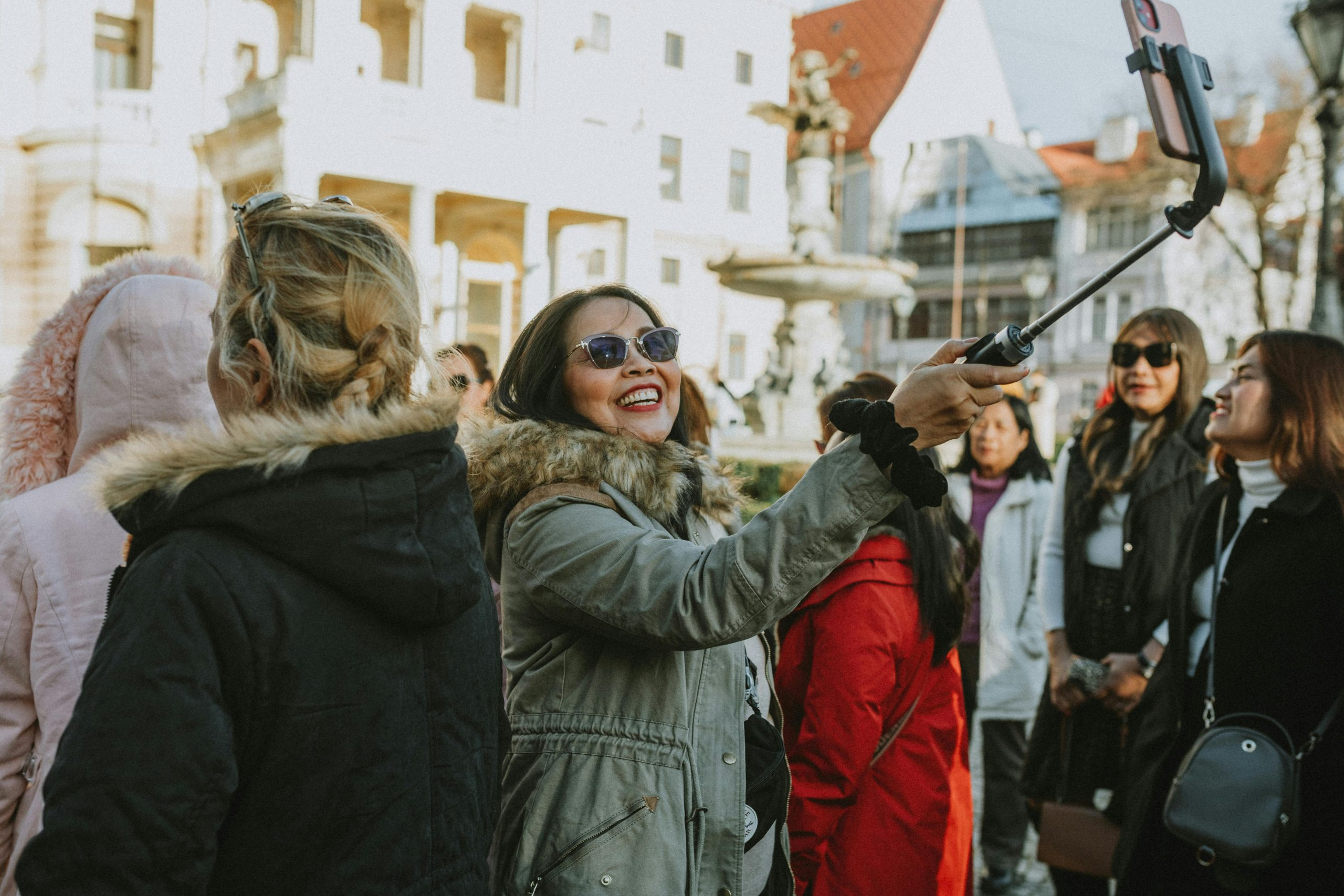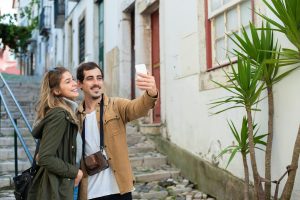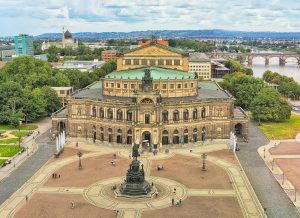The Impact of Social Media on Travel Expectations and Experiences
The rise of social media has revolutionized the way we live our lives. From connecting with friends and family to discovering new trends and products, social media has transformed the way we interact with the world around us. One of the areas where social media has had a significant impact is in the realm of travel. With the rise of platforms like Facebook, Instagram, and Twitter, travelers now have more access to information, inspiration, and tips than ever before. In this article, we will explore the impact of social media on travel expectations and experiences, and how it has changed the way we plan and enjoy our trips.
The Power of Social Media in Shaping Travel Expectations
Social media has become a powerful tool for travelers in selecting their destinations and activities. With millions of posts, pictures, and reviews available at our fingertips, social media allows us to discover new and exciting places that we may not have considered before. Platforms like Instagram, with its visually-driven content, have made it easier for travelers to explore new destinations and create a bucket list of places to visit.
Not only do platforms like Instagram inspire us to visit new places, but they also influence our expectations for what a trip should be like. For example, seeing photos of idyllic beaches on social media may lead travelers to have higher expectations for their beach vacation, and they may be disappointed if their experience does not match the pictures they saw online. This phenomenon has been termed as “Instagram vs. Reality” and has led to some travelers feeling let down by their trips.
Social Media and the Planning Process
In addition to shaping our expectations, social media has also transformed the way we plan our trips. With the help of hashtags and location tags, travelers can easily find information about their desired destinations, such as top attractions, accommodation options, and local tips and tricks. This access to real-time information has made the planning process more efficient and convenient, especially for last-minute travelers.
Moreover, social media has also made it easier for travelers to connect with other like-minded individuals. Whether through Facebook travel groups or Instagram communities, travelers can now exchange ideas, share experiences, and get insider knowledge about their destinations. This not only makes the planning process more fun but also helps travelers to make the most out of their trip.
The Rise of the Social Media Influencer
With the advent of social media, a new type of traveler has emerged – the social media influencer. These individuals have a significant following on their social media accounts and often partner with brands to promote destinations, products, and services. They have a powerful influence on their followers, and their posts and recommendations can shape the travel expectations of many people.
While some may argue that social media influencers have created a false sense of reality and have contributed to over-tourism in certain destinations, they have also helped to bring attention to lesser-known places and support local businesses and initiatives. The rise of sustainable tourism and conscious travel has also been partly influenced by social media influencers, who use their platforms to educate and promote responsible travel practices.
Impact of Social Media on Travel Experiences
Aside from shaping expectations and influencing the planning process, social media has also had a significant impact on travel experiences. One of the most obvious ways is the way we capture and document our trips. With the rise of smartphones and social media, travelers can now take high-quality photos and videos and share them instantly with their followers. It has become commonplace for travelers to take photos in front of iconic landmarks or document their every move on social media.
While this can be great for creating memories and sharing experiences with friends and family, it has also raised concerns about the potential loss of authentic travel experiences. Some argue that the pressure to create the perfect Instagram-worthy post has led travelers to prioritize capturing the moment rather than living it.
The Importance of Authenticity
Despite the potential pitfalls, social media has also helped to cultivate a desire for authentic and unique travel experiences. With an abundance of information available, travelers are now seeking out off-the-beaten-path destinations and experiences, rather than just ticking off popular tourist spots. This trend has given rise to a more personalized and immersive style of travel, where travelers can connect with locals and learn about different cultures, contributing to a more meaningful and authentic experience.
In conclusion, social media has had a significant impact on travel expectations and experiences, from shaping our perceptions of destinations to transforming the way we plan and enjoy our trips. While it has its drawbacks, social media has also opened up a world of possibilities for travelers, making it easier to discover new and exciting places and connect with other travelers and locals. As social media continues to evolve, its influence on the travel industry is likely to grow even stronger, shaping the way we explore the world for years to come.











